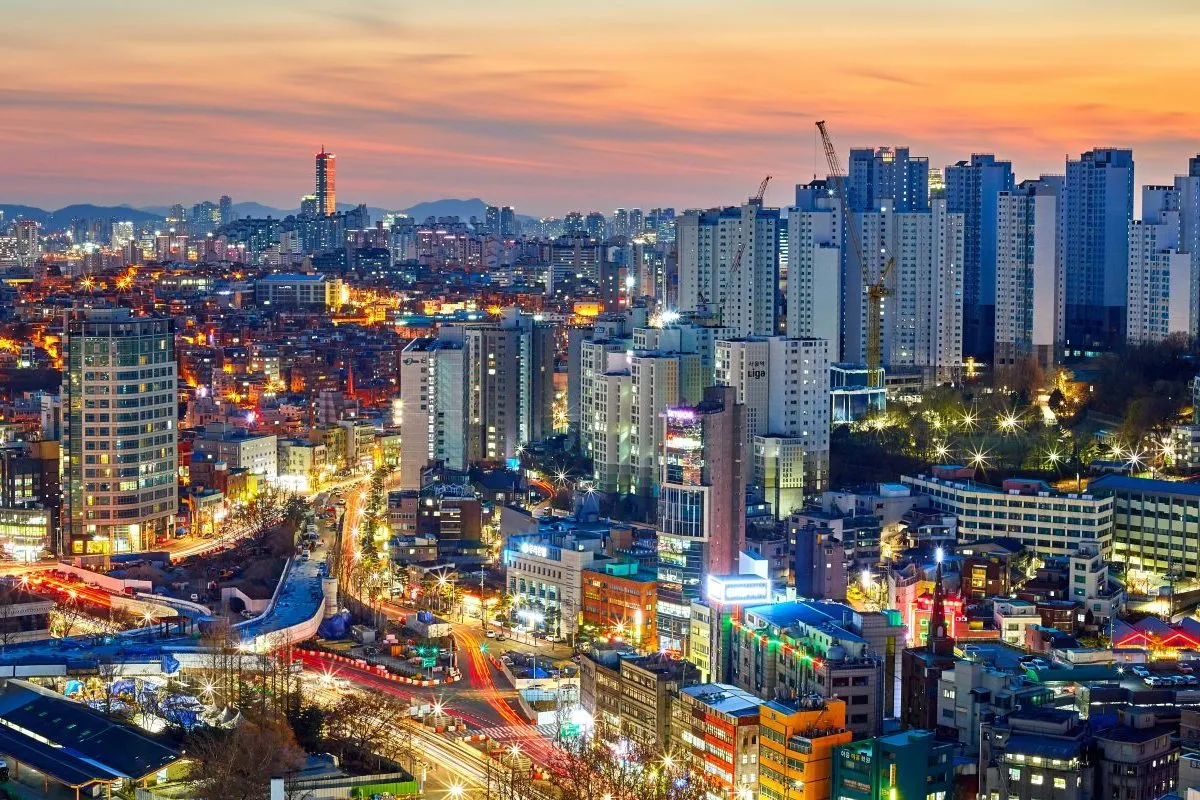Cathay Pacific cuts its way to profits; promotions helped boost demand
Skift Take
Cathay Pacific Airways Ltd., Asia’s biggest international carrier, reported annual profit that beat analyst estimates after higher passenger numbers helped mask a drop in cargo traffic.
Net income last year dropped 83 percent to was HK$916 million ($118 million), the company said in a Hong Kong stock exchange filing today. The city-based carrier was expected to make a profit of HK$538.7 million based on the average of 19 analyst estimates compiled by Bloomberg. Sales increased 1 percent to HK$99.4 billion, it said.
Chief Executive John Slosar’s introduction of promotional fares helped boost passenger numbers 5 percent last year while Wall Street’s job cuts weighed down on premium travel. With jet fuel prices rising, Cathay cut costs and is paring capacity this year as Middle East carriers such as Emirates increase competition by expanding into Asia-Pacific.
“Cathay’s cost saving measures introduced during the year bore fruit in the second half,” said Kelvin Lau, a Hong Kong- based analyst with Daiwa Securities Group Inc. “It will be a big rebound story this year.”
The airline’s shares fell 0.4 percent to HK$14.20 as of the 1:27 p.m. in Hong Kong trading after the earnings were released. The city’s benchmark Hang Seng Index fell 0.6 percent.
Right Measures
Cathay posted a surprise first-half loss of HK$935 million, weighed down by slower cargo demand and losses from affiliates. Singapore Airlines Ltd., the biggest carrier in Southeast Asia, last month reported profit that missed estimates for a fifth consecutive quarter as competition pushed down fares.
“We have taken the right measures to deal with current challenges and will take whatever further measures are necessary should the business environment not improve,” Cathay Chairman Christopher Pratt said in the statement. “The cost of fuel remains the biggest challenge.”
Cathay’s fuel costs increased 0.8 percent last year compared with the 1.7 percent increase in the benchmark fuel price. Consumption declined 0.7 percent, the airline said.
Cargo yields last year were unchanged at HK$2.42, after cutting capacity by 3.1 percent. Passenger yield, including fuel surcharges, rose 1.2 percent to 67.3 Hong Kong cents last year and the airline, according to the statement.
Cathay and its Hong Kong Dragon Airlines Ltd. unit filled on average 80.1 percent of its seats little changed from 80.4 percent a year earlier, according to the statement.
Aircraft maintenance expenses dropped 3.2 percent to HK$8.2 billion in the full year. In comparison, the maintenance rose 24 percent from a year earlier in the first half to HK$4.6 billion.
‘Very Challenging Year’
Slosar told staff in November the carrier was facing a “very challenging year” in 2012. Cathay has said it will cut passenger capacity 1.6 percent this year to cope with slowing international travel demand.
Cathay is retiring about half its Boeing 747-400 fleet over the next 13 or 14 months and replacing them with 777-300ERs, which though more efficient have fewer seats, Slosar had said.
Global air passenger traffic grew 5.3 percent last year, boosted by the expansion of Middle Eastern carriers and demand from markets in Latin America and Africa, according to the International Air Transport Association. Passenger traffic may grow 4.5 percent this year with cargo markets projected to increase 1.4 percent, IATA said.
Cheaper fares helped the airline and unit Hong Kong Dragon Airlines boost traveler numbers 5 percent to 28.96 million last year, the company said in a January statement. The airline filled 80.1 percent of seats, a drop of 0.3 percentage points.
Premium Seats
Sales at the front of the cabin, the most profitable segment of the passenger business, fell short of its expectations in December, Cathay said earlier this year. Premium-ticket prices between Asia and the U.S. averaged $5,859 in December, the lowest level since 2009, according to data compiled by Bloomberg.
Cathay said earlier this month it canceled an order for eight Boeing 777-200 freighters and instead has agreed to buy three 747-8 freighters. It also has options to purchase five 777-200 freighters and will sell four 747-400 converted freighters to Boeing as part of its fleet restructuring.
The carrier cut freighter frequencies to Europe 63 percent to 11 flights per week earlier this year from about 30 flights a week in 2008, as a decline in the Asia-Europe market hurt the carrier the most, Nick Rhodes, the airline’s cargo director, said last month.
The airline, which moves cargoes with 22 dedicated aircraft and bellies of passenger planes, carried 1.56 million tons of cargo and mail last year, 5.3 percent less than a year earlier, the company said in January. Revenue, measured by weight multiplied by kilometers, also fell 7.3 percent to 8.94 million.
Globally, the air freight market shrank 1.5 percent in 2012, according IATA.
Cathay, including its venture with DHL, had a fleet of 187 planes as the end of last year. It’s due to receive 16 this year.
The carrier will pay a dividend of 8 Hong Kong cents.
--Editors: Vipin V. Nair, Anand Krishnamoorthy.
To contact the reporter on this story: Jasmine Wang in Hong Kong at Jwang513@bloomberg.net
To contact the editor responsible for this story: Anand Krishnamoorthy at anandk@bloomberg.net
![]()




